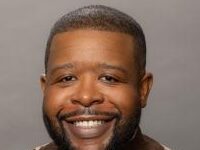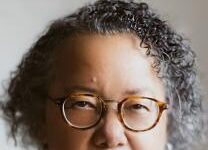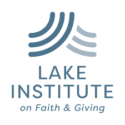 A study by researchers at the Yale Cancer Center that was recently presented at the 2013 annual meeting of the American Society of Clinical Oncology in Chicago found a large racial gap in knowledge about the effectiveness of a vaccine for human papilloma virus (HPV). The virus is primarily transmitted by sexual contact and can cause cervical cancer and other cancers. The federal government recommends that women between the ages of 18 and 26 get the vaccination.
A study by researchers at the Yale Cancer Center that was recently presented at the 2013 annual meeting of the American Society of Clinical Oncology in Chicago found a large racial gap in knowledge about the effectiveness of a vaccine for human papilloma virus (HPV). The virus is primarily transmitted by sexual contact and can cause cervical cancer and other cancers. The federal government recommends that women between the ages of 18 and 26 get the vaccination.
Using data from the Centers for Disease Control and Prevention, Yale researchers found that nearly 58 percent of White Americans were aware of the vaccine compared to only 46 percent of African Americans. There was a similar racial gap about awareness of the vaccine among women in the target group of those aged 18 to 26.
“In an era when such tremendous advances have been made, and we can prevent cancer with vaccines, it is unfathomable that such differences exist in the simple awareness of these vaccines based on racial, ethnic, and socioeconomic disparities. We have got to do better,” said senior author Anees Chagpar, M.D., associate professor of surgery at Yale School of Medicine and the assistant director for diversity and health equity at Yale Cancer Center.











Dr Anees Chagpar, do not jump so fast to the conclusion that lack of simple awareness is somehow so alarming. Who did they survey? I am the parent of a 19 year old and we along with her gynecologist, found that there is not enough known about the side effects of the vaccines to convince us that the benefits outweigh the risks.
If our nation is committed to eradicating cancer, why are so many new facilities being built for cancer research and treatment yet people continue to die. Demand for cancer facilities, like prisons, continue to increase not because results meet expectation. Rather, they are the most profitable businesses in America at the expense of the very customers they should serve. Extending life is a cheap substitute for a cure.
Count the cost before you jump on this bandwagon.